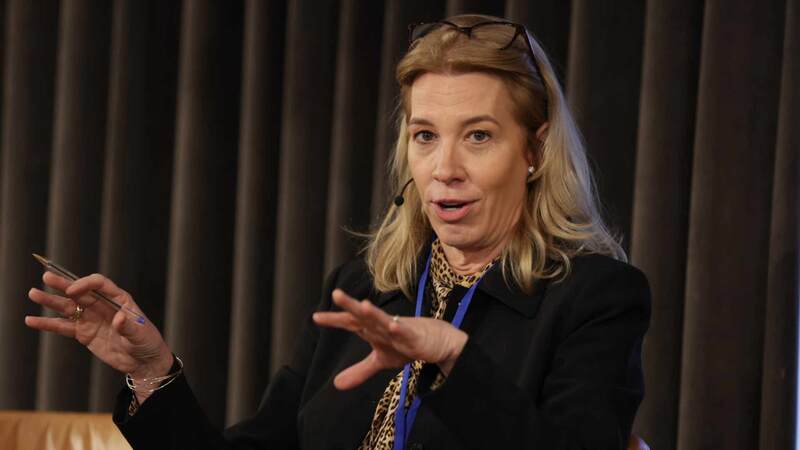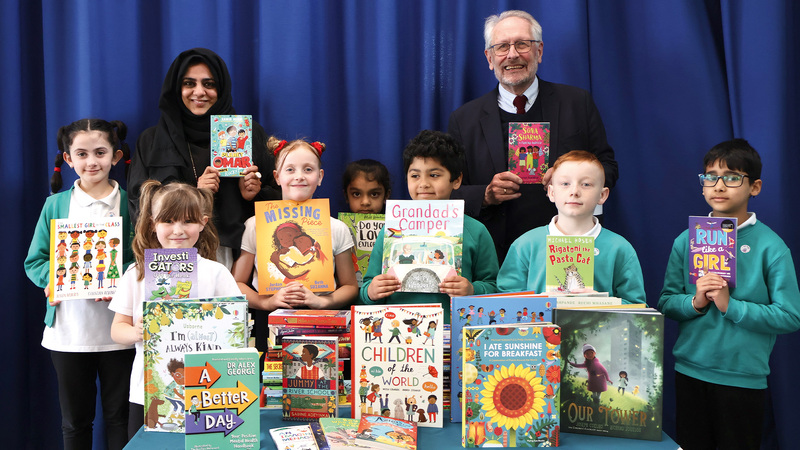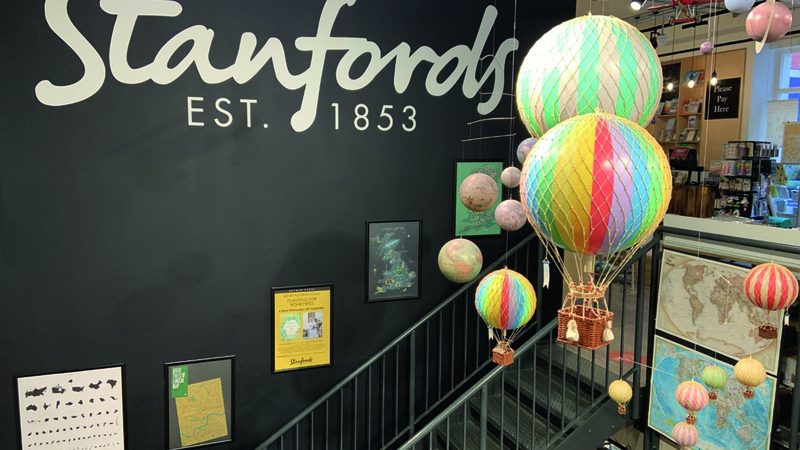You are viewing your 1 free article this month. Login to read more articles.
Call the author
Nobody wants a story when they cannot breathe, wrote author Sarah Perry, in a piece published in the Guardian last week, that detailed her passing crisis of confidence with her craft. Perry will not be the only non-medic (or other essential worker) wondering about their role in the face of a worldwide pandemic that has now claimed hundreds of thousands of lives. No one incapacitated calls for a writer, Perry adds. I’ve yet to hear one call for a bookseller, publisher, or literary agent either. We are all, by this reasoning, bystanders in a situation out of our control, one that has gone, we might say, viral.
Perry’s piece speaks to the wider malaise we may all be fighting off. We are in the hardest bit of the cycle. The end is nearly in sight, yet still too far away to be meaningful; the damage done has become more apparent; and the way back lacks clarity. Hope is now at a low ebb: not because we have run out of the stuff, but because it has been stretched to its limit. Reports from the frontlines suggest “the book” may be having a decent epidemic. But what is also clear is that the business of books will not be immune to the short-term impact of the lockdown, or the longer-term fallout.
The news that Norwich wholesaler Bertrams has been placed under review by its private equity parent Aurelius, following the sale of its strongest arm, Wordery, confirms what Stephen Page, Faber chief executive, said in our Twitter conversation: “It seems inevitable that the scale of impact will do great damage to things that were already fragile and force [an] embracing of new ideas.” Small presses (which, along with writer charity Spread the Word, we surveyed this week) also fall into that brittle category, many uniquely impacted by the loss of bookshops, and fearful for their futures.
There are some positives, and a few too good not to mention, as detailed in a long Twitter thread (and online article) from my former colleague Sam Missingham, which includes bookish heroes Joe Wicks, Jack Monroe, Rob Biddulph and Katherine Rundell, along with their trade counterparts. Rather than losing faith, the lockdown has proved that we are uniquely placed, through the medium and the message, to respond to the nations’ needs.
But the main positive is the book. Over her piece, Perry works herself back into the groove, concluding that there is usefulness in art because it is entertaining: “One mind communicating its daydreams to another, through marks on a page, is the closest thing to magic I know.” In her new book, featured in our Non-Fiction Preview this week, Helen Macdonald writes that: “Literature can teach us the qualitative texture of the world. And we need it to... We need to communicate the value of things, so that more of us might fight to save them.”
So here I am, just an editor, writing this to remind you that books have a value, and so too do the people who make them and pass them to other people. We may not always call for an author when crisis hits but, from our bookshelves to our imaginations, books play vital and lasting roles in all aspects of our lives. In fact, no one becomes a medic without reading one.




















